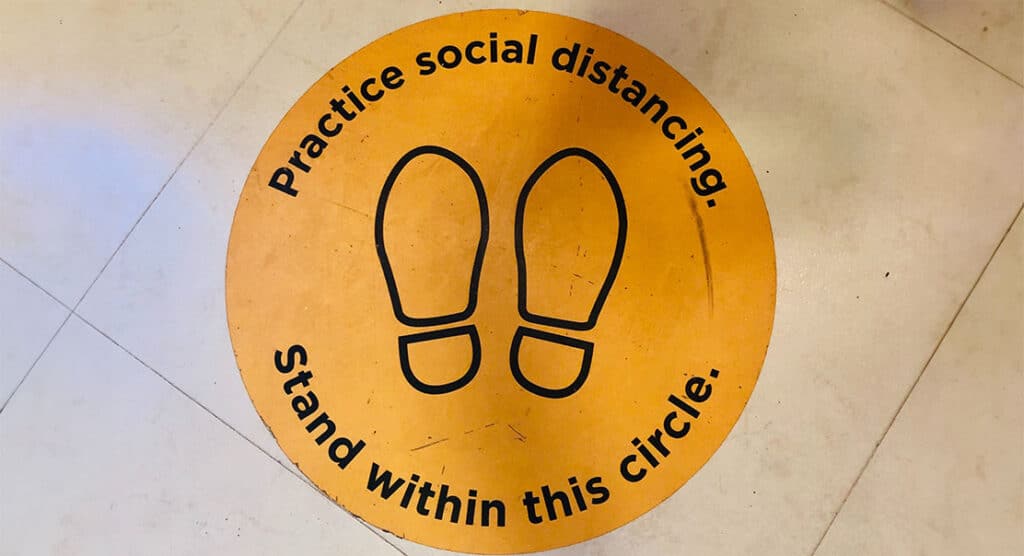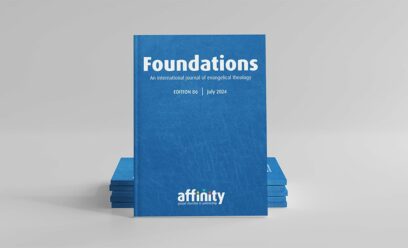Church closures during Covid were ‘outrageous’

During the dark days of the Covid lockdowns, I wrote repeatedly to Lord Greenhalgh, the Faith Minister, pleading with him to permit churches to open and to be able to worship God and fellowship together responsibly – but free from arbitrary restrictions.
So I read with some surprise and interest that the former Minister has told the Catholic Union that the closure of churches and other places of worship during the lockdowns was ‘outrageous’. He also said that ‘people at the heart of power did not understand faith’, and places of worship did a ‘phenomenal job’ at controlling the spread of the virus. The Catholic Union say they are committed to making sure that churches are ‘never forced to close again’.
Across our Affinity family of churches, there was a range of views on the legitimacy of lockdowns in general and church closures in particular.
Speaking personally, I was not in favour of the forced lockdown as I believed it was disproportionate for the population in general but especially unfair to churches by curtailing the numbers who can gather, rules on mask-wearing, social distancing, the banning of congregational singing and face-to-face conversations. Most notable was during the autumn lockdown when churches were told to close again whereas garden centres could open.
Despite my personal views, I respected that the government had the responsibility to decide whether this was an extreme medical emergency and so for that time, I was willing to abide by the law and encourage others to do the same whilst campaigning to gain the maximum freedom and flexibility for churches to gather in some form even when ‘church’ as such was prohibited.
Some of our churches would have considered this more of a matter of principle, along the lines of ‘We must obey God rather than human beings!’ (Acts 5:29). A few did remain partially open as an act of compassion to support their vulnerable members.
It was also true that churches, as Lord Greenhalgh says, were very diligent in implementing the government’s wishes; that they were never shown to be a source of infection transmission; and were outstanding in providing care and contact for their local communities for those isolated and in need.
He is also quite correct that the government, both ministers and civil servants, were generally not aware of what actually went on in most churches. This is clear from the guidance issued at the time. This is a sad reflection on the lack of biblical literacy amongst the general population and we as churches should see this as a challenge to reach out more and explain the good news of Jesus and to welcome people to our gatherings which are often not what they expect.
Also, along with the Catholic Union, we are concerned that the Covid enquiry will not be considering how churches were dealt with or the legitimacy of the lockdowns themselves from a medical, economic and social point of view.
This has left questions for churches to grapple with about whether it is ever legitimate to force churches to close, even in a potential medical emergency and about how discussions within and between churches were conducted. Affinity is seeking to facilitate debate on this.

Related articles
Stay connected with our monthly update
Sign up to receive the latest news from Affinity and our members, delivered straight to your inbox once a month.



